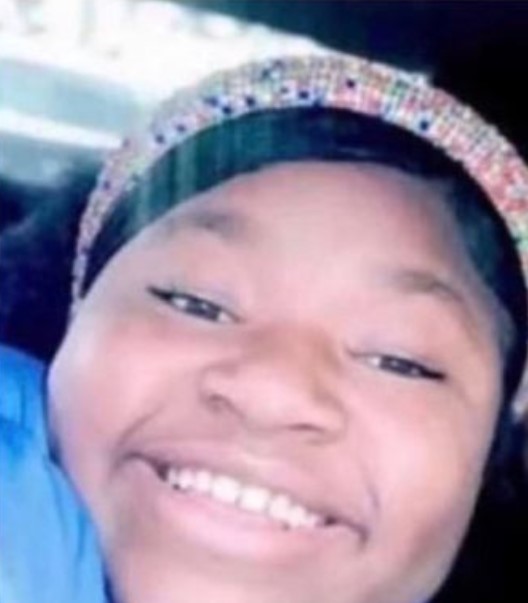Atatiana Jefferson's Nephew Is A Victim Of Police Violence, Too
Atatiana Jefferson’s Nephew Is A Victim, Too
My son and I play video games on weekends and only on weekends. Ten-to-15 minutes a day. That time together is usually the highlight of his week and sometimes it’s the highlight of mine. We go into my home office, close the door and jump around trying to beat whatever villains stand in our way. There’s a large window to the right of our television. I keep the blinds open when I’m home because it allows natural light to dance along the carpet and his glowing face while he cheers his characters on. Sometimes I look at him while he plays and I feel at peace. I feel at home.
I thought about my weekend video game time with my son when I heard about Fort Worth Police Officer Aaron Dean gunning down Atatiana Jefferson while she was playing video games with her nephew. I imagine her nephew, only a year older than my son, looking forward to playing with “Aunt Tay.” I imagine him pestering her all day about when they’re going to play video games. I imagine her seeing what I see when my son plays: pure delight and memories that should last for the rest of our lives.
I imagine Atatiana’s nephew felt at home with his aunt.
I wonder if he’ll ever feel at home again.
Atatiana’s nephew had to break the news to his mother that her sister had been gunned down in cold blood. I wonder when he realized it was a police officer who had done it. I wonder when he realized that the people he was supposed to look up to and call for help are actually the people who send bullets through our windows because they perceive our Black bodies as deadly.
https://www.instagram.com/p/B3k3fyHJDKf/?utm_source=ig_web_copy_link
What do we do for a boy whose life shatters like a bedroom window when police bullets enter our homes and show us the hell they’ve created for us? What do we do for Atatiana’s nephew? What do we do for a boy who would have gotten killed by that cop if his aunt hadn’t told him to stay away from the window? How do we tell Black boys and girls that they aren’t safe in their own homes and the people they aren’t safe from wear badges that protect themselves from prosecution?
How do we tell Black kids about Aiyana Jones?
When I was six years old and had been living in Jackson, Mississippi, for maybe two weeks, my dad showed me “Eyes On The Prize,” the documentary about the Civil Rights Movement that includes clips of him giving speeches and talking about how many times his life was in jeopardy. That night my dad found me crying in the bathroom. I told him I was too scared to sleep in my room because my bedroom had a window that led to a forever of darkness. I told him I thought the Klan would come to my room at night and take me away.
I remember him giving a little chuckle as he tried to calm me down. The chuckle betrayed his attempts not to make me feel silly for my fears. The chuckle was because he felt my fears were preposterous. It’s 30 years later and I wish I could tell him that his slight laugh was justified. I wish I could say that my first-grade fears of white-hooded boogeymen invading my house was a one-night worry? But those fears have been validated by every story of police tearing families away from Black kids and Black kids away from their families.
I find myself mourning Atatiana and crying for her nephew. His life isn’t lost, but he’s been damaged in a way that is almost unthinkable. He’s only four years younger than Tamir Rice when he was killed by police. Half the age of Trayvon Martin when George Zimmerman killed him in the dead of night. A decade younger than Mike Brown when he breathed his last breath as the Ferguson heat pelted the back of his neck like a nightstick.
Being Black in America means that our innocence gets torn away by racists, police officers or racist police officers. The best we can hope for is that lost innocence doesn’t come with a lost life. That reality is no way for our kids to live.
David Dennis, Jr. is a writer and adjunct professor of Journalism at Morehouse College. David’s writing has appeared in The Guardian, The Smoking Section, Uproxx, Playboy, The Atlantic, Complex.com and wherever people argue about things on the internet.
SEE ALSO:
Why Can’t Black People Be Treated Like Amber Guyger?
I Stopped Watching The NFL In Solidarity With Kaepernick. Here’s What I’ve Learned
















